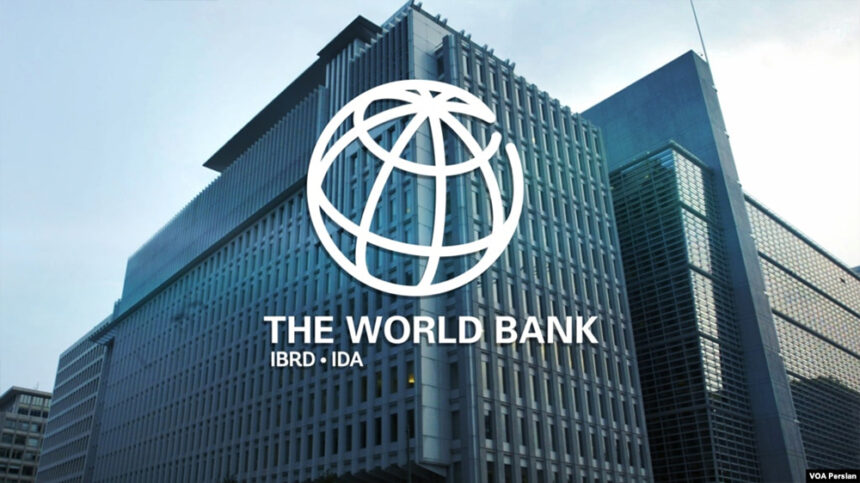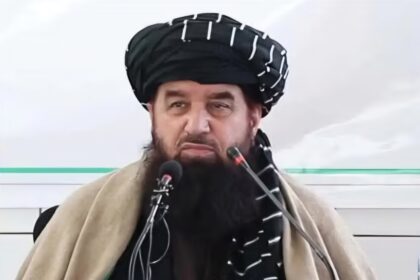RASC News Agency: The World Bank has revealed that from August 2021 to the present, it has disbursed $1.7 billion in aid aimed at supporting the people of Afghanistan. In a recently published report, the bank clarified that all these funds were allocated outside of Taliban control, with a strong emphasis on providing services for women and girls. The report highlights that in December 2021, $280 million from the Afghanistan Reconstruction Trust Fund (ARTF) was transferred to UNICEF and the World Food Programme (WFP). This funding was crucial in addressing immediate health and food emergencies during the critical winter months.
According to the report, these funds were strategically used to fill humanitarian gaps and ensure access to urgent health and food supplies during a period of severe crisis. Since early 2022, the World Bank, in collaboration with ARTF donors, has been instrumental in delivering essential services, including healthcare, education, food security, and water supply, across Afghanistan. This commitment has extended to sustaining vital services for Afghanistani communities. In February 2024, the World Bank’s Board of Directors approved further financial assistance through the International Development Association (IDA). This aid is designed to complement ARTF funds, ensuring continued support for the Afghanistani population through widespread service delivery across the nation.
The World Bank has stressed that these IDA contributions, like previous funds, will be channeled through United Nations agencies and other international organizations, remaining entirely beyond the reach and control of the Taliban. Additionally, the Board approved the revival of the “CASA-1000” energy project within Afghanistan. Like other initiatives, the financial mechanisms for this project will be meticulously structured to prevent Taliban influence or control. In its report, the World Bank underscored its financial backing for several key programs in Afghanistan. These include the Afghanistan Community Stability and Livelihoods projects, the Emergency Health Response, Emergency Food Security measures, NGO capacity-building efforts, the Afghanistan Emergency Education Response, emergency water provision, and support for microloans and entrepreneurship aimed at fostering economic growth and stability.
The report also spotlighted the activities of the International Finance Corporation (IFC), a branch of the World Bank, which continues to bolster Afghanistan’s private sector through investments and advisory services. Notably, the IFC has invested in equity stakes in the Afghanistan International Bank and the First MicroFinance Bank. It has also provided advisory support to enhance the women’s market at Ghazanfar Bank and strengthen the financial systems of the “Anar Sorkh Afghanistan” company, a prominent Afghanistani enterprise.






